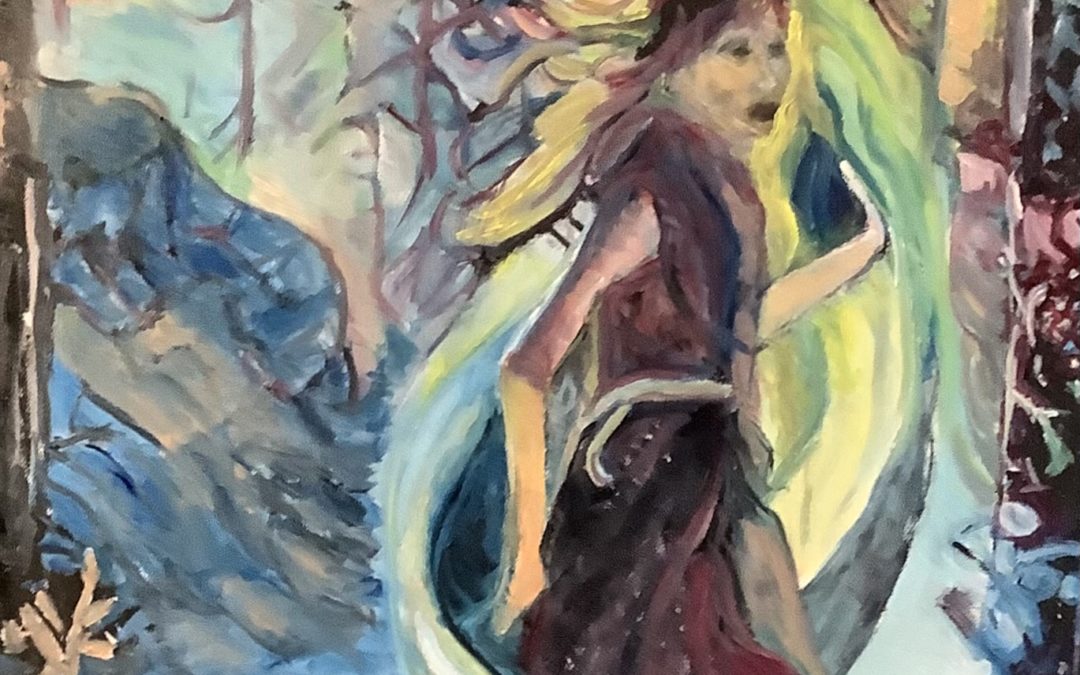Playing at Love suggests a person looking for a hookup perhaps, or “playing the field,” not willing to commit. They seem to be playing you, which results in an inevitable heartache if you are looking for something serious.
But I mean Playing at Love as an attachment pattern, in contrast to Loving-Playfulness. It is even more tragic and permanent than getting manipulated by a jerk who toys with your emotions.
We Play at Love when we cannot trust closeness and, in our protective stance, end up in a transactional interaction, a performance that always allows an exit, an escape whether by erosion of passion or by uproar.
Transactional Analysis (TA) has some suggestive titles for the inauthentic and often ruthless business of Games. Being unheard, being left, being emotionally abandoned by our most central characters (usually parents—or one parent in particular)—can result in repetitive patterns such as Kick Me, Stupid, Wooden Leg, Indigence, How do I get out of here, or Ain’t it Awful. These are all one-down positions that trace back to childhood dramas when you were ensnared into the role of victim (or some version of it, such as Caretaker).
You don’t need to know the T.A. details to discern the Games, since we are all practical psychologists. If you have been paying attention, you can imagine the gist by the titles. I invite you to Kick Me. I act as if I am Stupid. I act as if I have a disability, a Wooden Leg to blame my actions on. I am Indigent and remain unsuccessful. I am looking for an escape, and the world is obviously Awful.
Of course, none of this is intentional by the Outcast, and I can speak from personal experience that feeling exiled is painful.
In the Outcast painting above, the young woman runs through a dangerous forest, projecting her fears, a force in her body mirrored around her as a night of frights. If she dared to show up on stage, she likely wouldn’t stay, or will have a repertoire of dance moves that keep her at a safe distance. Likely she has an inner voice like her critical or abandoning parent that says, “You are not worthy. The world is going to devour you. You are unlovable.” Something like that. But she may deny it.
Of course. If you have been cast out into a dangerous wood, then it’s risky (terrifying) to be honest with others and with yourself.
Though many Outcasts never take a partner, being in a one-down stance attracts those who would dominate and control. To stay in such a polarized relationship is self-sabotaging and a form of what I call Self-Deception (it feels helpful at moments, not unlike drug abuse).
If she has an oppressive partner, why does she stay? Why does she excuse the invalidating behavior of her “lover?” On stage, if we were to get close to naming the Self-Deception that is the heart at Playing at Love, the Outcast is likely to leak an involuntary smile, a sign that we are getting too near the Truth.
What is the Truth? There are always many different details. But there is often a central tragic reality for Outcasts, that pretending at connection is less scary than being alone, even if treated poorly. It is better to be close to someone, than to be near to nothing. Anything is better than constantly being reminded of the ancient wound. And the constant fear that she belongs nowhere.
